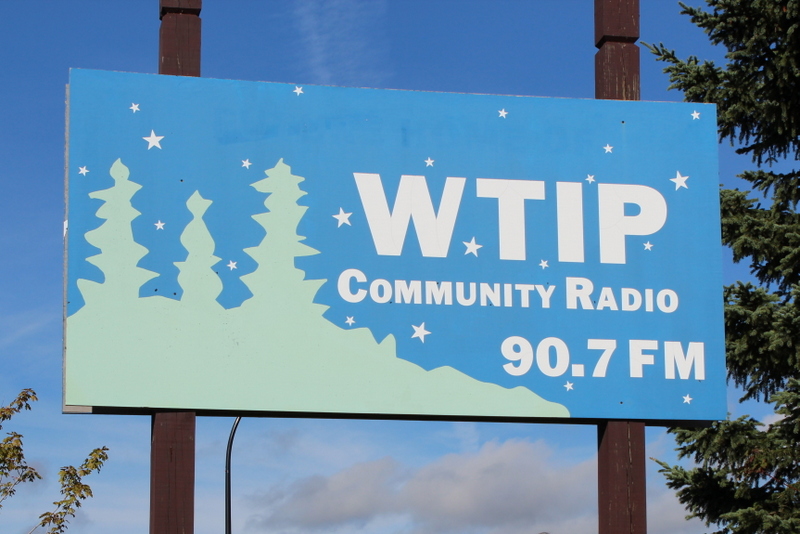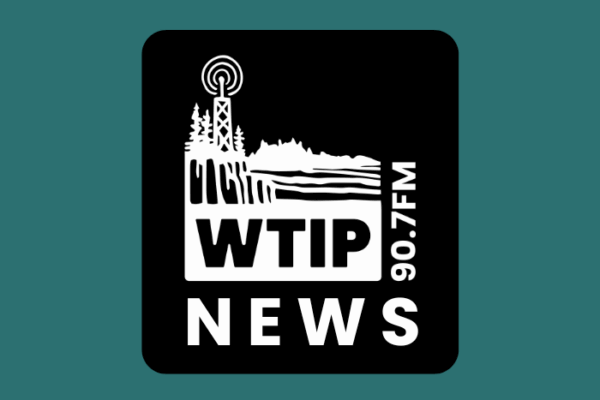WTIP faces major funding cuts as Congress weighs future of CPB funding for public media
On April 28, Congress reconvenes, marking the beginning of a crucial 45-day period that will determine the fate of public media funding in the United States.
At the heart of the debate is the future of the Corporation for Public Broadcasting (CPB), which provides funding to organizations such as NPR, PBS, and over 1,500 local public media stations nationwide, including WTIP Community Radio.
The CPB is a private, nonprofit corporation authorized by Congress in the Public Broadcasting Act of 1967. Rather than create public media programming, the corporation contributes funding to independent public radio and television stations to provide local news, emergency coverage, and educational programming.
A White House official who spoke on condition of anonymity confirmed with NPR that the Trump administration has drafted a memo, which will be sent to Congress on April 28, outlining an intent to end federal CPB funding for public media.
The memo follows the March 26 congressional hearing from the Trump administration’s Department of Efficiency (DOGE) regarding whether public broadcasting should receive federal funding. During the hearing NPR CEO Katherine Maher and PBS CEO Paula Kerger testified on the importance of public media.
Once the memo is received, Congress will have 45 days to act on the proposal to rescind $1.1 billion in funding for CPB.
If Congress approves the rescinding of CPB funding, which runs on a two-year cycle, funding disruptions will begin for all public media stations in October.
A significant portion of the funding, approximately $500 million, is distributed to NPR and PBS. The remainder is allocated to the 1,500 local public media stations across the nation. WTIP is an independent radio station and is separate from NPR or other public media stations like MPR.
If funding is rescinded, WTIP Community Radio will lose approximately $170,000 in the 2025 budget and $238,000, or 25% of the 2026 budget.
“The funding threats WTIP faces right now are unprecedented,” said WTIP Development Director Katie Belanger.
While WTIP is supported by individual donations and underwriters, WTIP relies heavily on grants and CPB funding to provide local news coverage, music programming, and ongoing maintenance and equipment costs.
Breakdown of WTIP’s funding sources:
- Individual Donations: 29%
- Underwriters: 11%
- Grants: 56% (25% from CPB)
- Other: 4%
Belanger said the national news is filled with stories about how funding cuts will impact larger public news stations like NPR and PBS, but the reality is, “It’s going to hit rural news stations, like WTIP, the hardest.”
CPB funding allows WTIP and other public media stations to pool resources towards satellite interconnection, emergency alert systems, music licensing, and development and educational programs.
“All of which would be too expensive for stations to do on their own,” Belanger said.
Despite the funding uncertainties, Belanger said, “It remains our mission to be a dynamic, local media resource that connects, reflects, and builds community on the North Shore.”
To find resources to contact your elected officials or express your support for public media visit ProtectMyPublicMedia.org.














